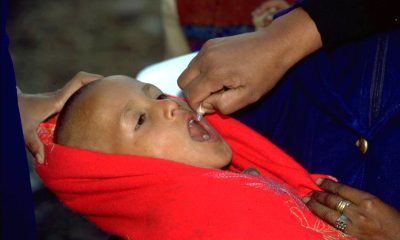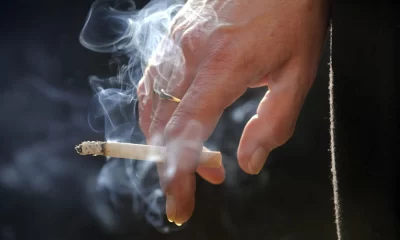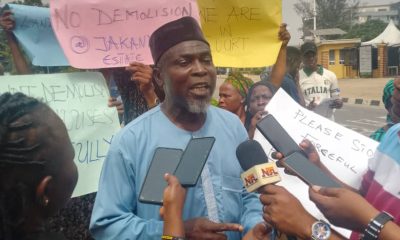The National Secretary of Miyetti Allah, the umbrella body for Fulani herdsmen, Baba Ngelezarma, says the group is not opposed to ranching, but that the government must make it attractive to the herders.
Speaking at a town hall meeting organized by the federal government in Abuja on Thursday, Ngelezarma said there is need to identify grazing reserves, and know their current status in the view of developing them and making them attractive to the herdsmen.
“You have to put something in place for them to see before you accept. A lot has been said about this issue. Up till now, nobody is looking at the root cause of the crisis and the people responsible are the state governors.
“How I wish through chairman of the governors’ forum or northern governors’ forum is here. He is supposed to be here. All the grazing reserves we have in the country are located in the northern part of the country.
“The state governors have more responsibility than the federal government because this is their primary assignment, they are custodians of the land, and they are the custodians of security, education in their states. The federal government’s hand are tied, we know that.”
On his part, Peter Mayowa, a representative of the Christian Association of Nigeria (CAN), said the open grazing should be allowed to continue while the government gradually introduces ranching.
“If you introduce a policy it will be difficult to implement, let the two (open grazing and ranching) together. The old one will phase out,” he said.
Earlier, Lai Mohammed, minister of information, reiterated that the clashes between herdsmen and farmers is not religious.
“For those who might be tempted to view the clashes between farmers and herdsmen from the ethno-religious prism, I will cite two instances to debunk such postulation. Zamfara state is probably the epicentre of cattle rustling in Nigeria. Those who rustle cattle are Muslims. The owners of the cattle they rustle are Muslims. Both groups most likely belong to the same ethnic group,” the minister said.
The clashes have led to the loss of many lives and destruction of properties worth millions of naira in Benue, Plateau, Taraba states among other states.

 Health1 week ago
Health1 week ago
 Health1 week ago
Health1 week ago
 Latest6 days ago
Latest6 days ago
 News7 days ago
News7 days ago
 Business5 days ago
Business5 days ago
 Business1 week ago
Business1 week ago
 Football1 week ago
Football1 week ago
 Business1 week ago
Business1 week ago

